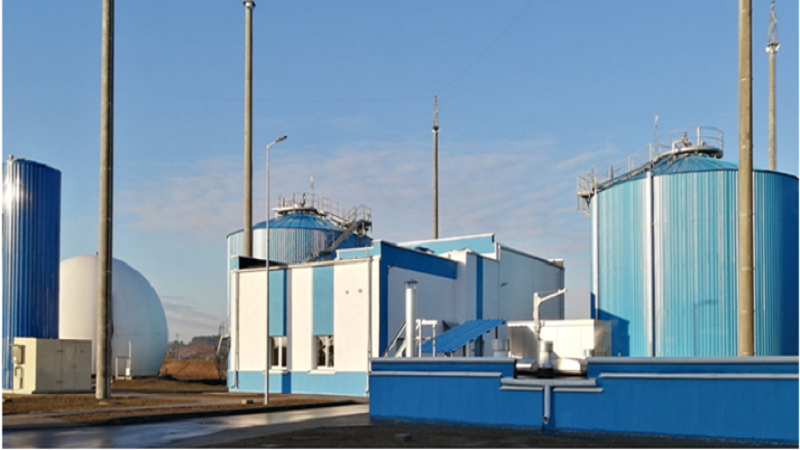
The European Bank for Reconstruction and Development (EBRD) has financed the construction of two biogas co-generation units in Belarus.
Commissioned at the Slonim wastewater treatment plant, the biogas facilities have an installed capacity of 136 kilowatts (kWt) each.

Discover B2B Marketing That Performs
Combine business intelligence and editorial excellence to reach engaged professionals across 36 leading media platforms.
The units, which secured a €2.85m loan from the EBRD, have the capacity to generate nearly two gigawatts hour (GWh) of clean energy annually that will be sufficient to meet 70% of the energy consumption demand of Slonim plant.
The loan was complemented by grant funding offered by the Swedish government and benefited from financial contributions from Austria and Finland.
The annual energy generated by the two facilities will be enough to power street lights for a municipality as well as cover the energy needs of 1120 average Belarusian households.
Additionally, the facilities are expected to offer significant savings of hydrocarbons, while offsetting carbon emissions by more than 246.000 tonnes annually.

US Tariffs are shifting - will you react or anticipate?
Don’t let policy changes catch you off guard. Stay proactive with real-time data and expert analysis.
By GlobalDataThe project is expected to provide a new platform for similar energy-efficient solutions in other Belarusian municipalities.
Last March, EBRD agreed to provide a loan for the construction of two biogas plants in Belarus to support renewable power generation and a better energy mix in the country.
A loan of $11.3m was agreed for two special purpose companies established by the Lithuanian company Modus Group. With a total installed capacity of three megawatts (MW), the two biogas power plants will be able to generate 23.6GWh of clean energy annually.
The EBRD started its operations in Belarus in 1992, and has invested almost €2.9bn in 130 projects in various sectors of the country’s economy, since then.





